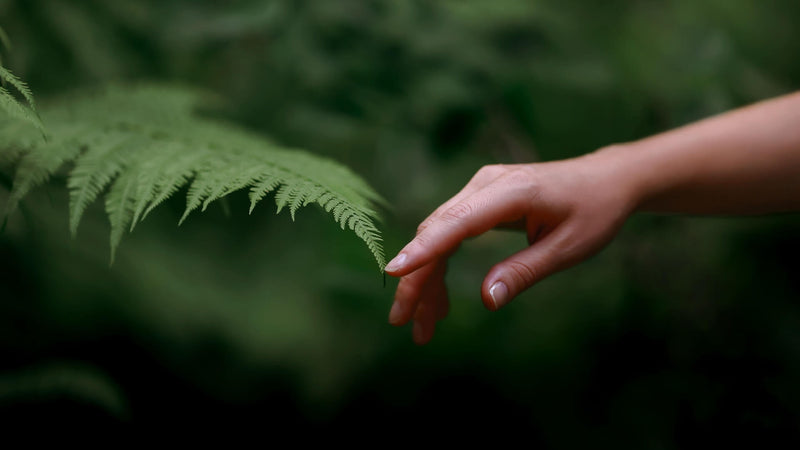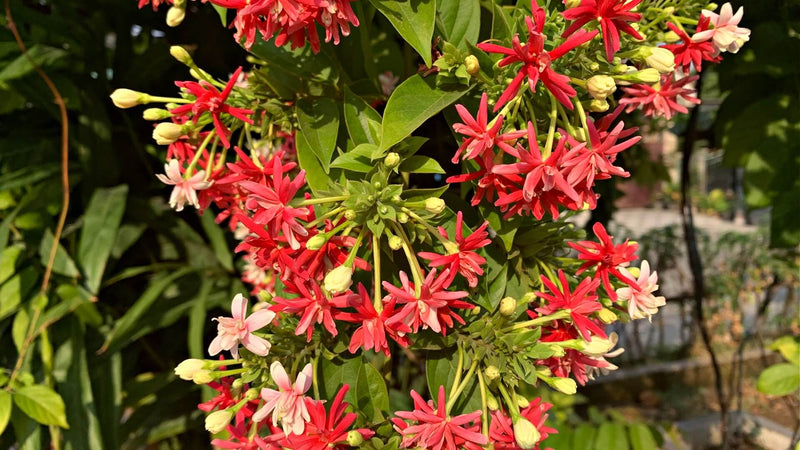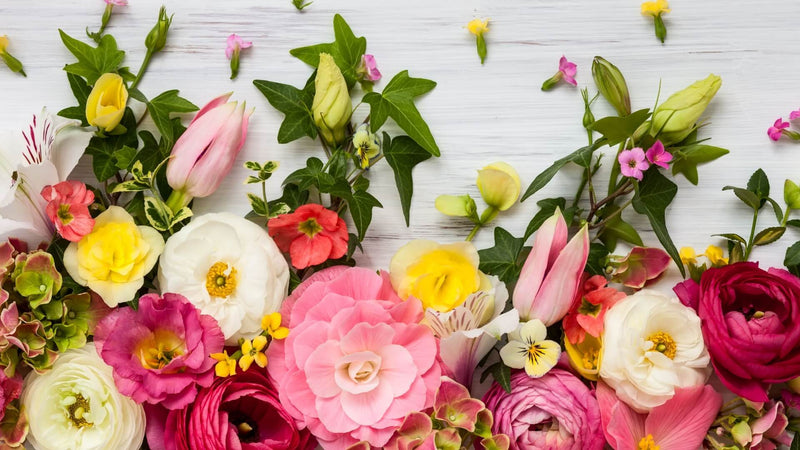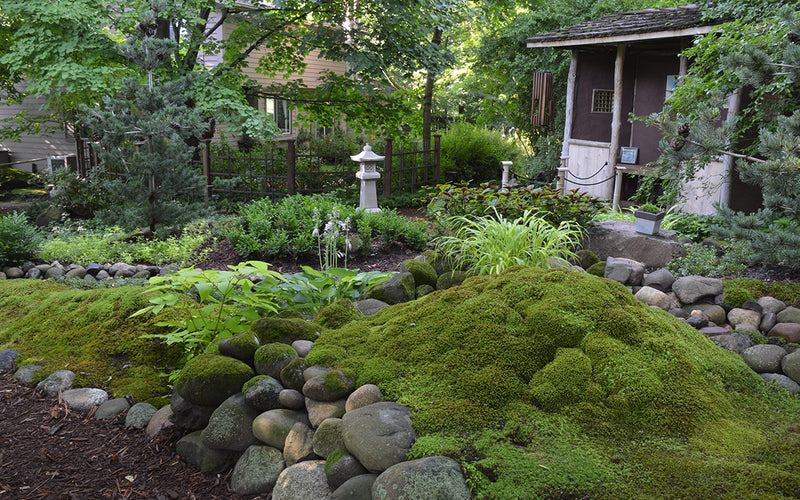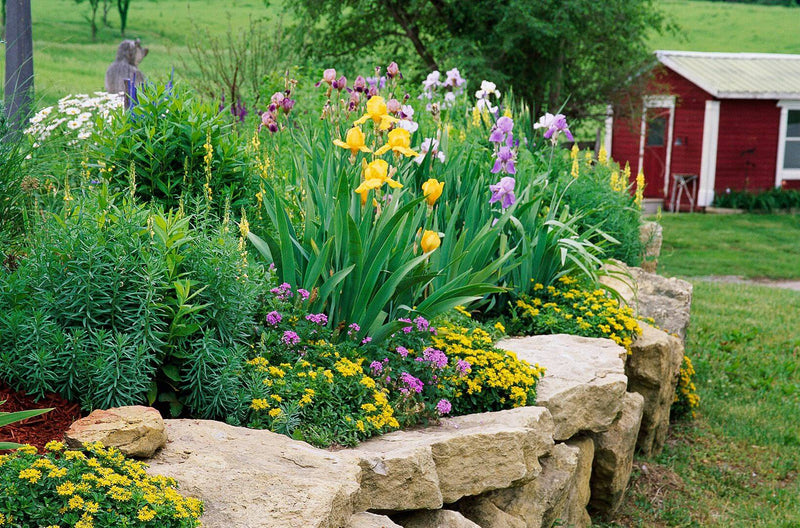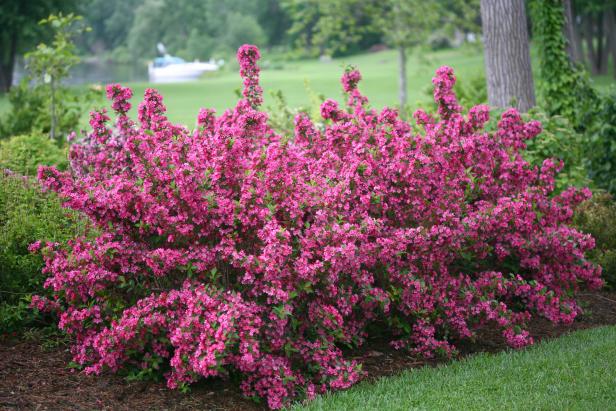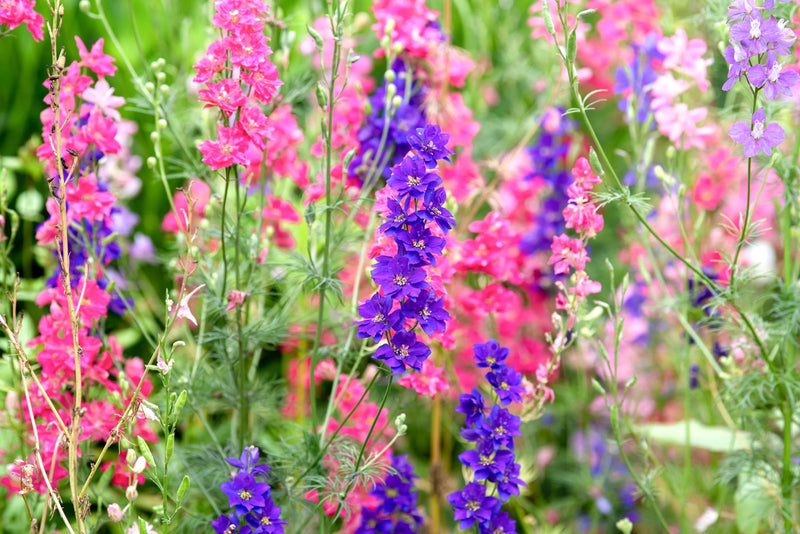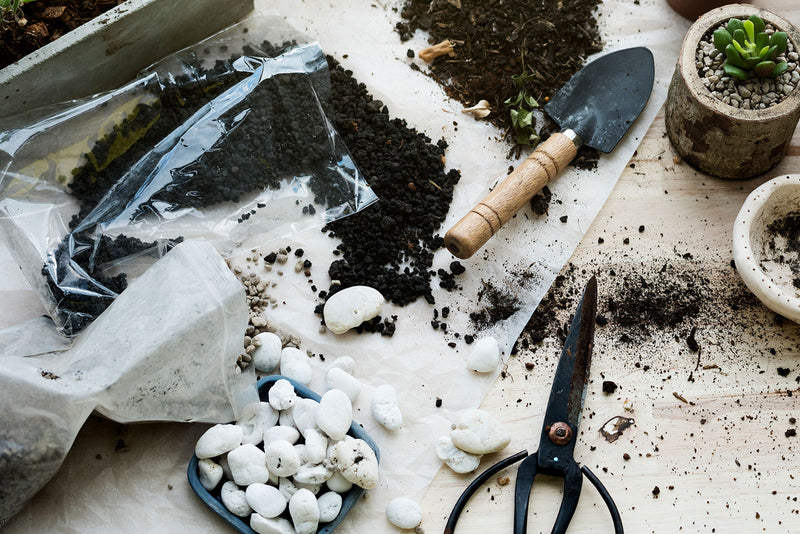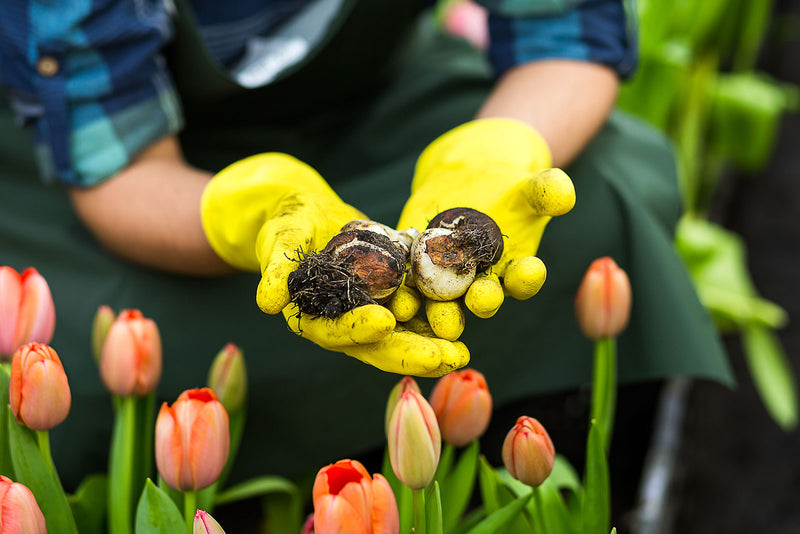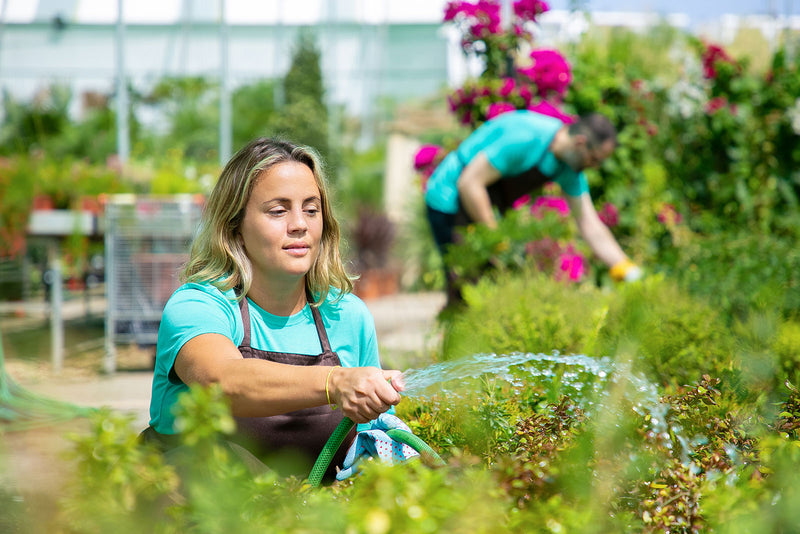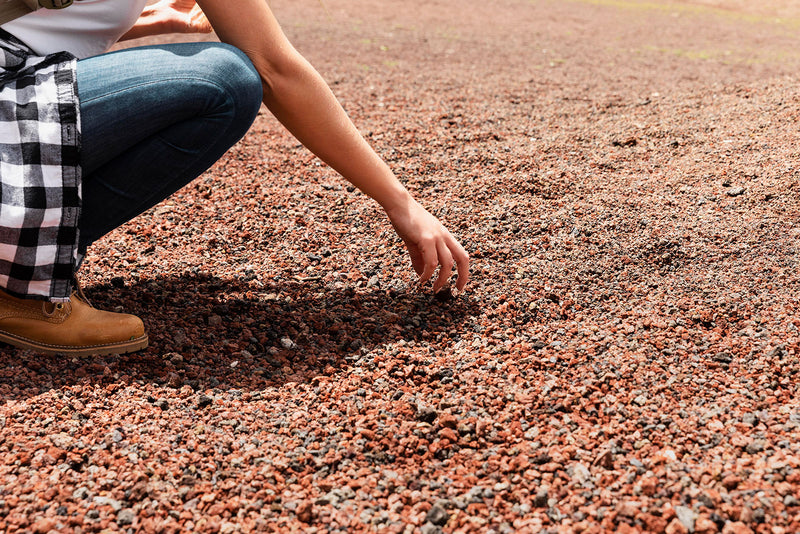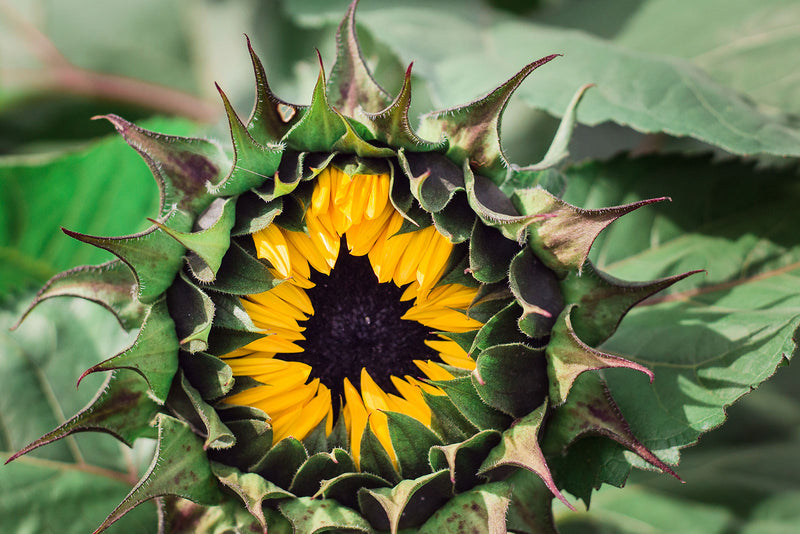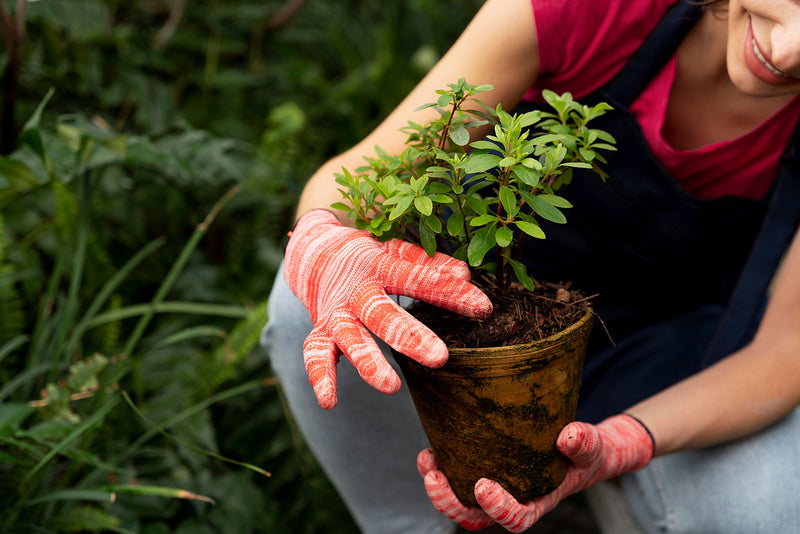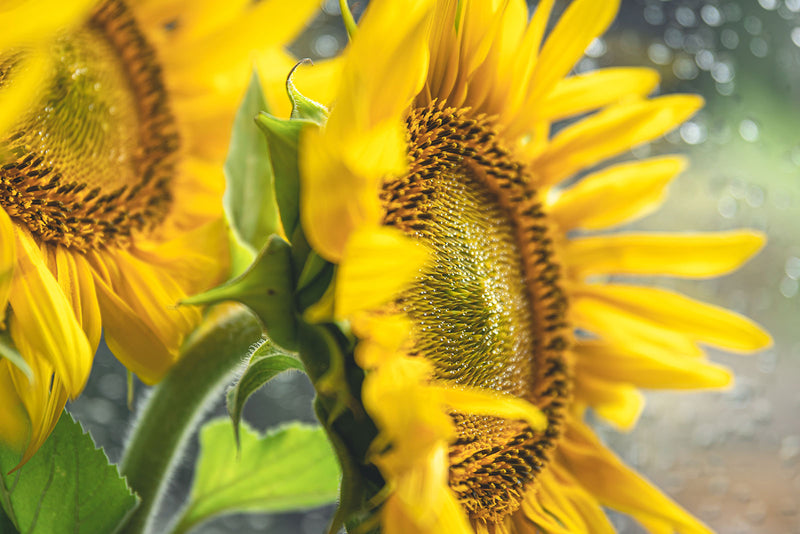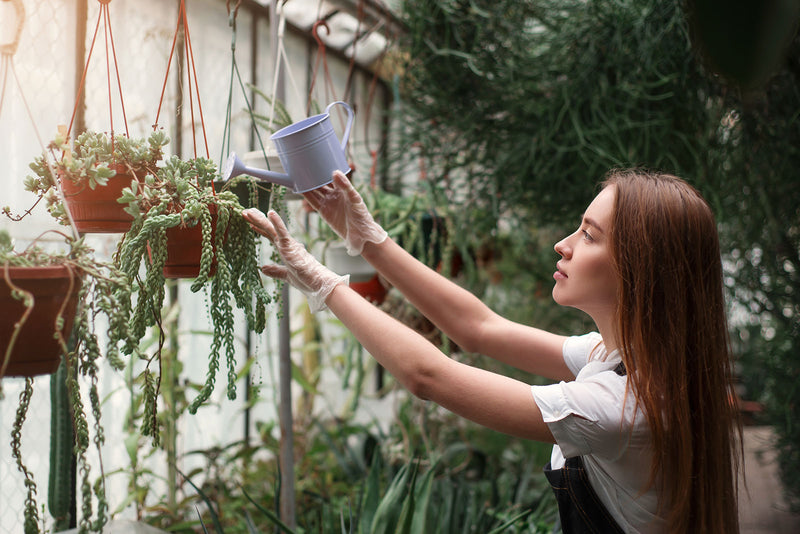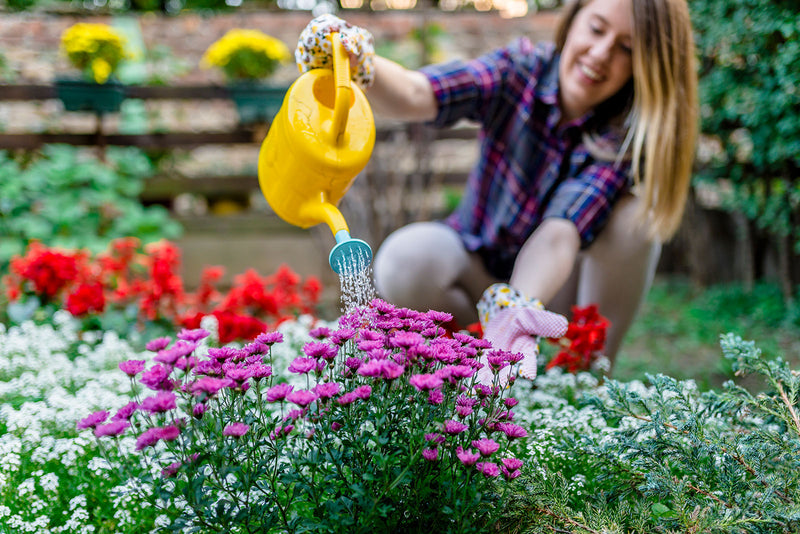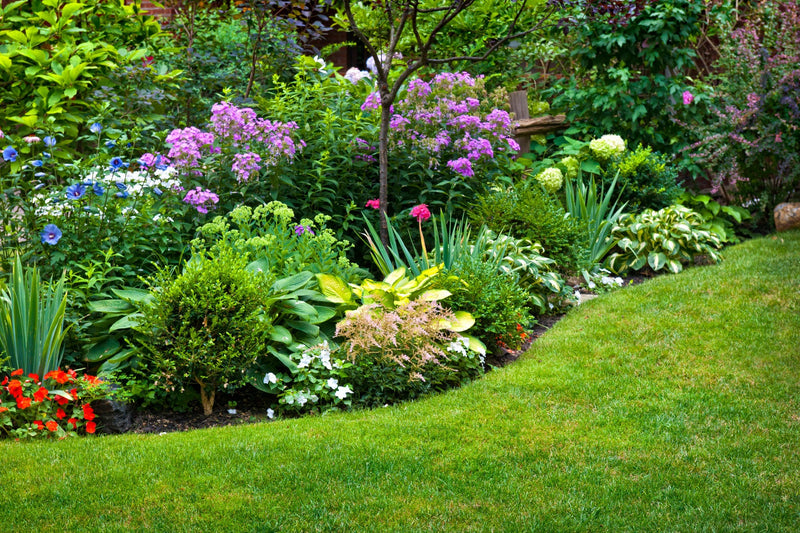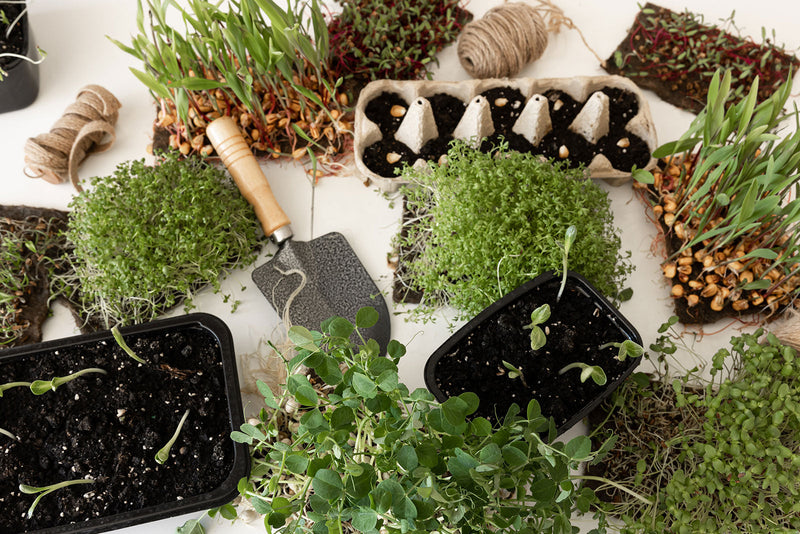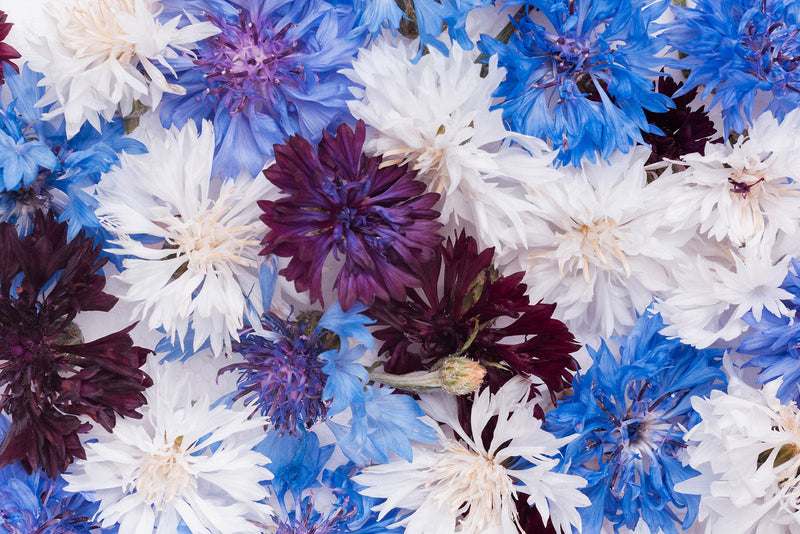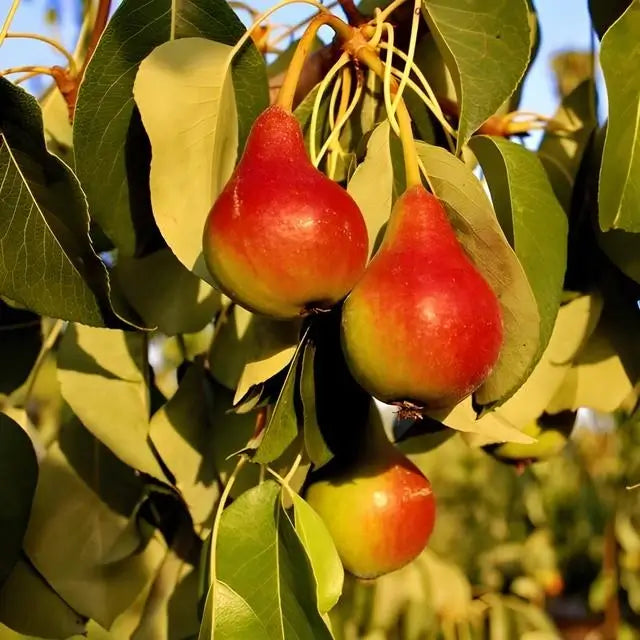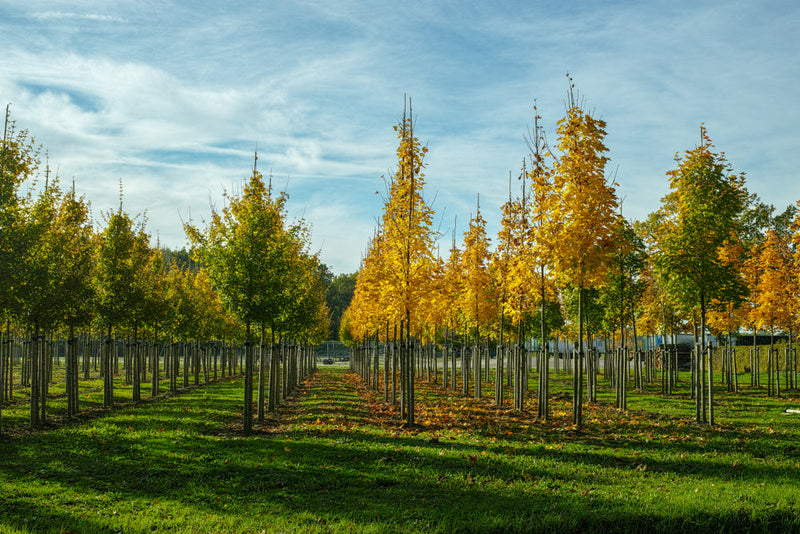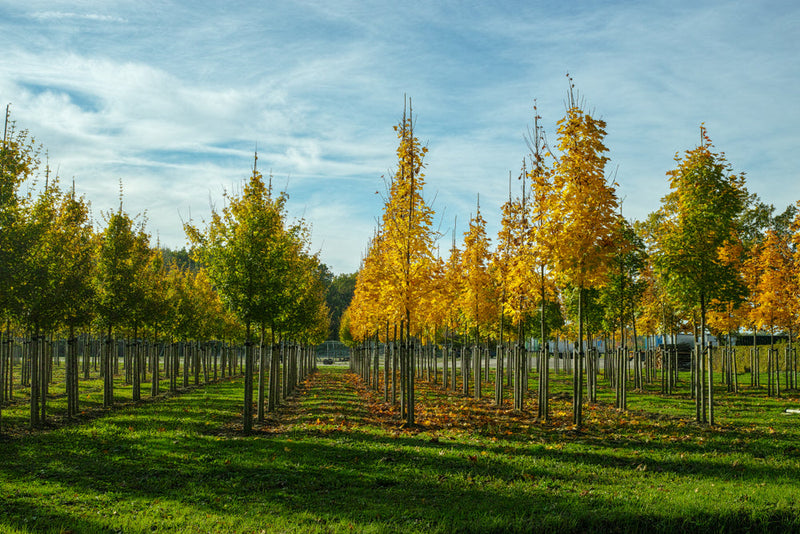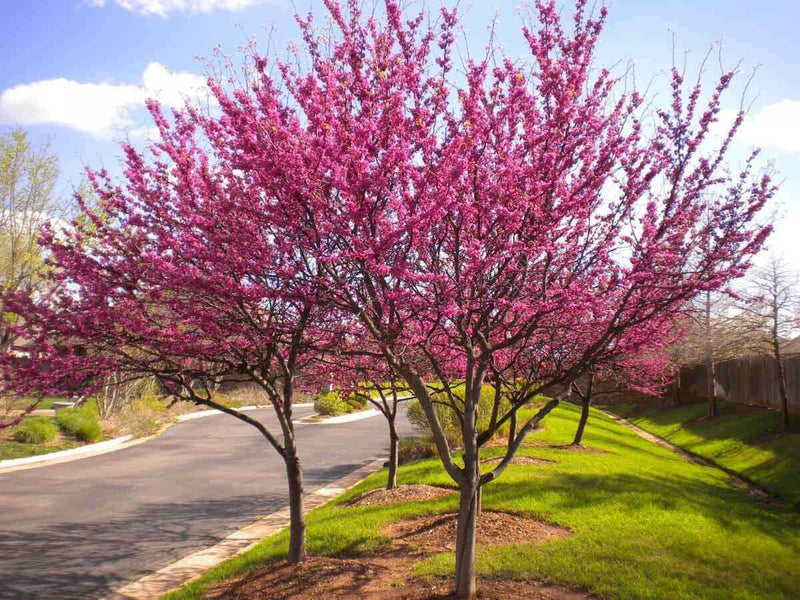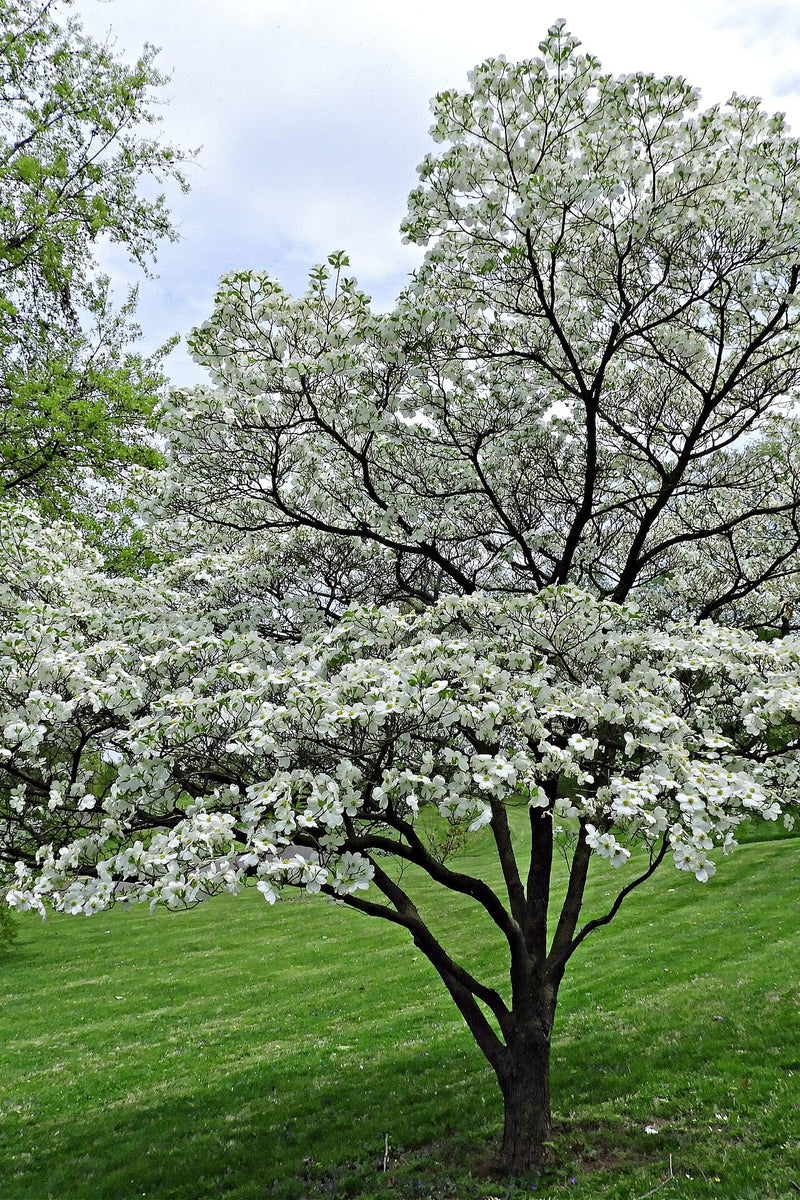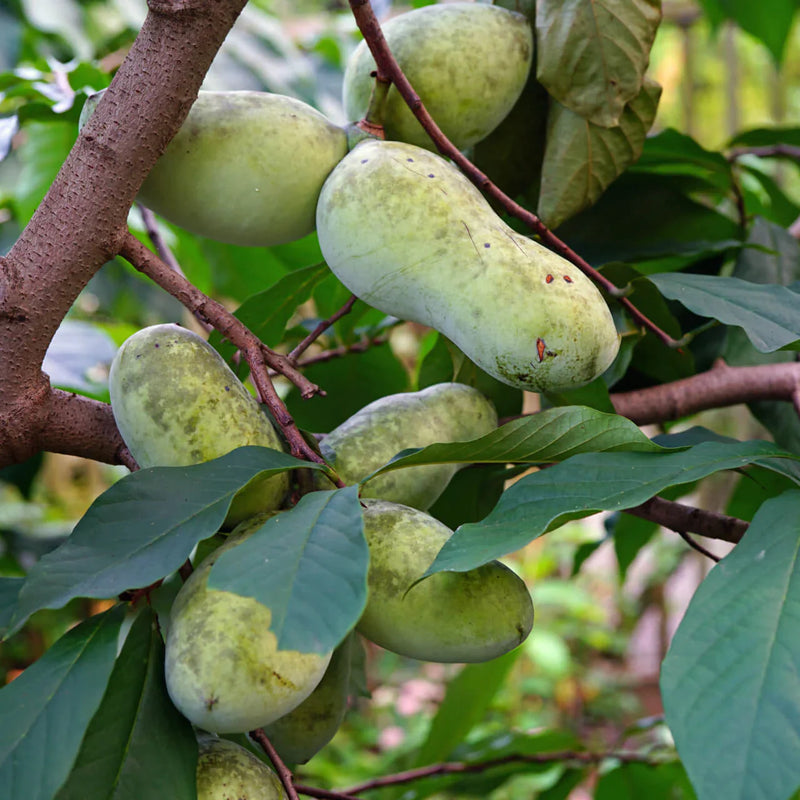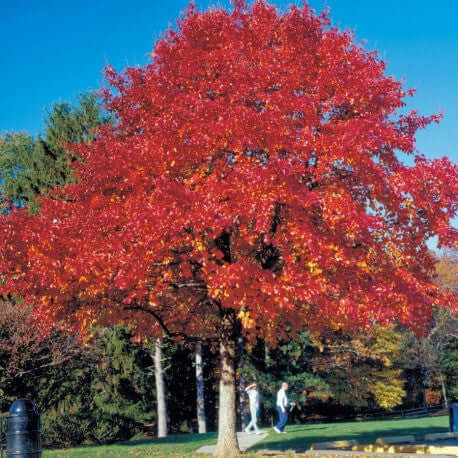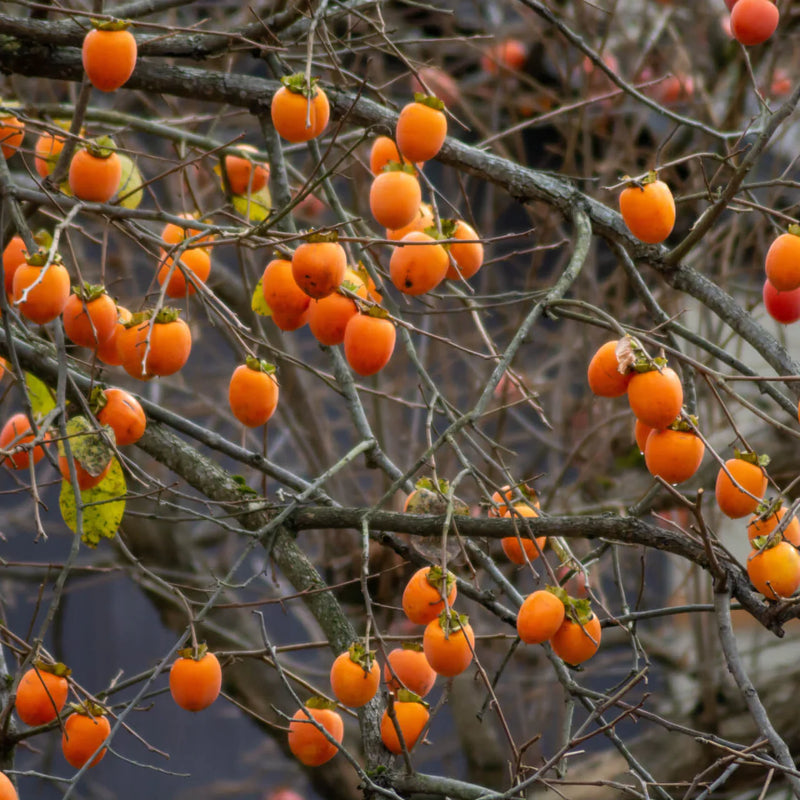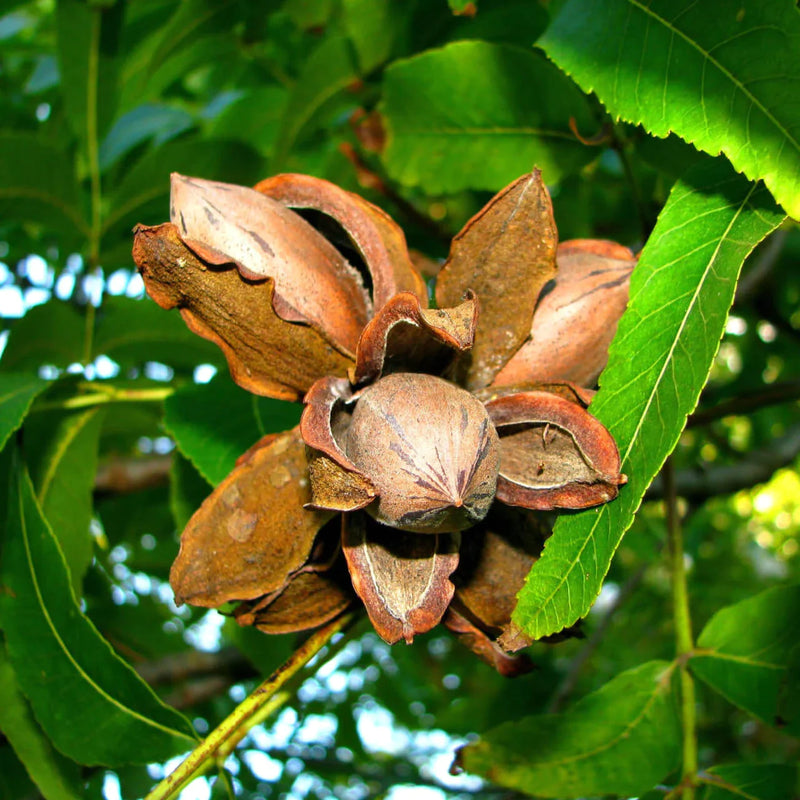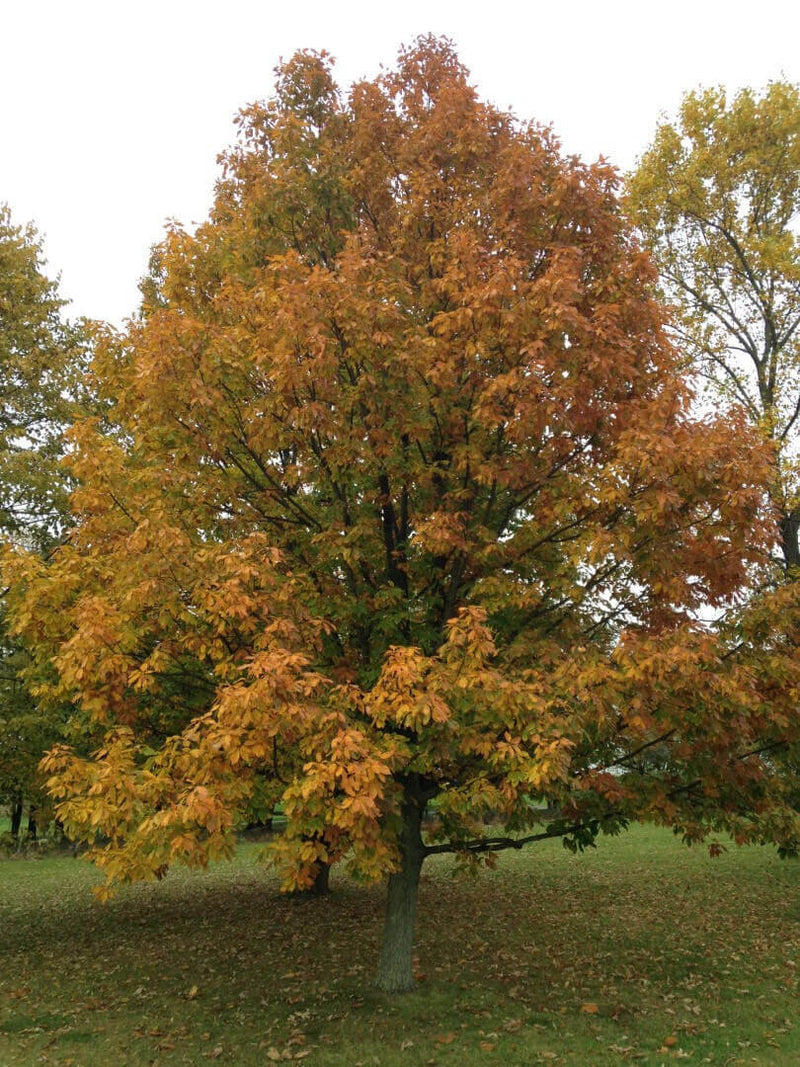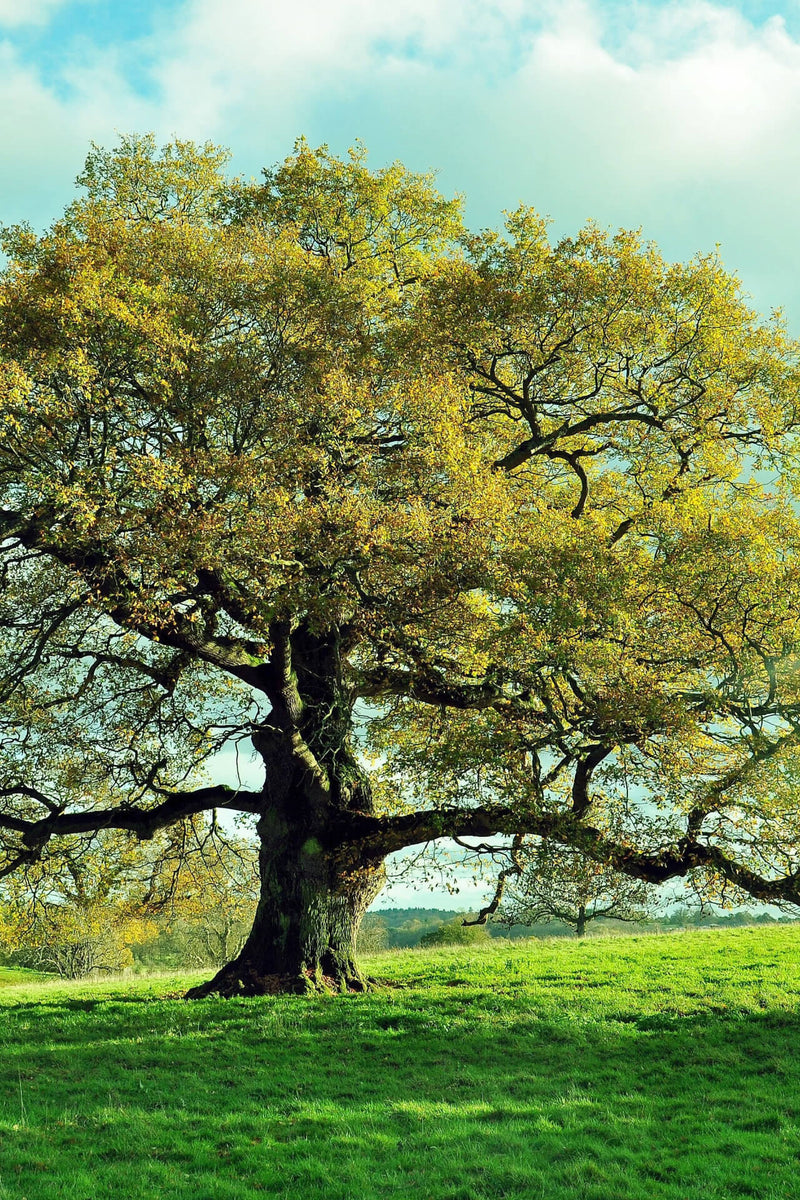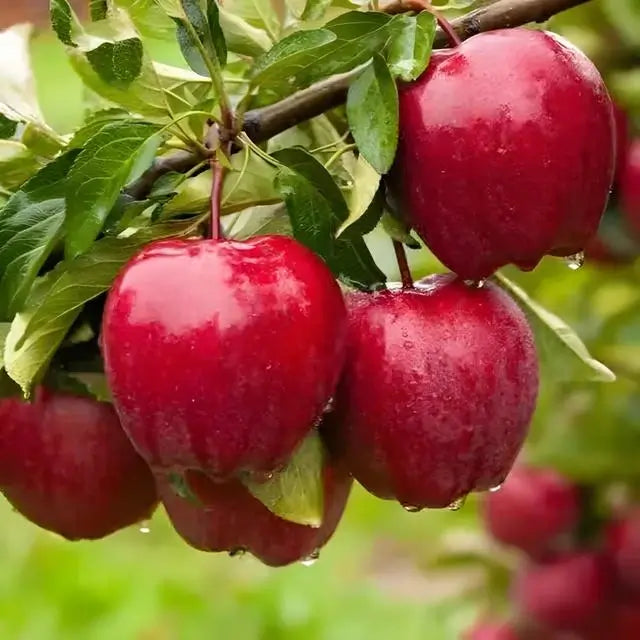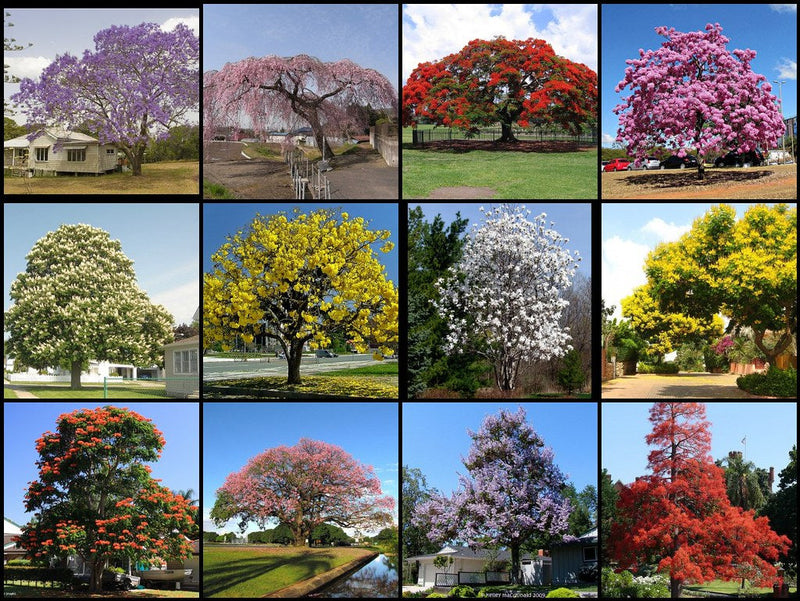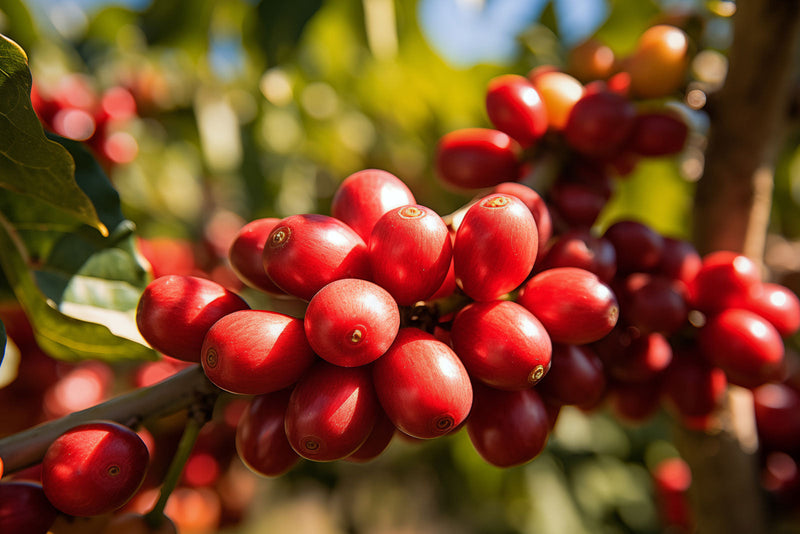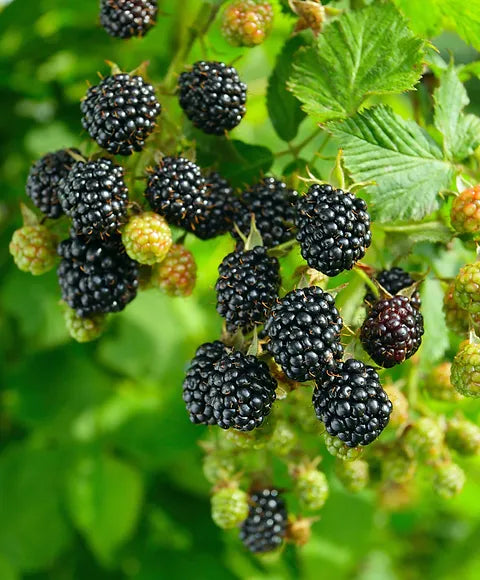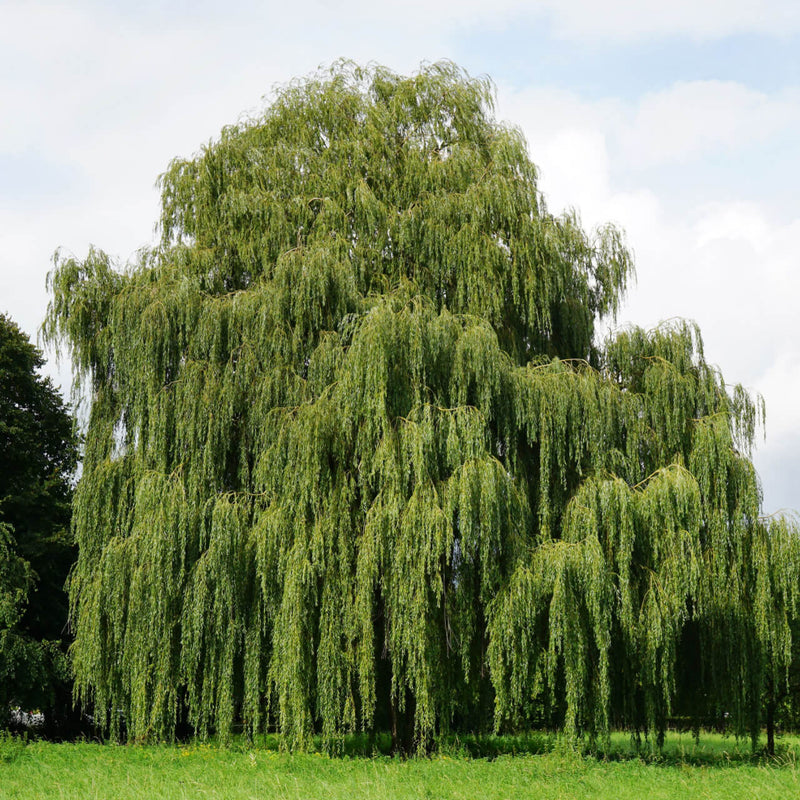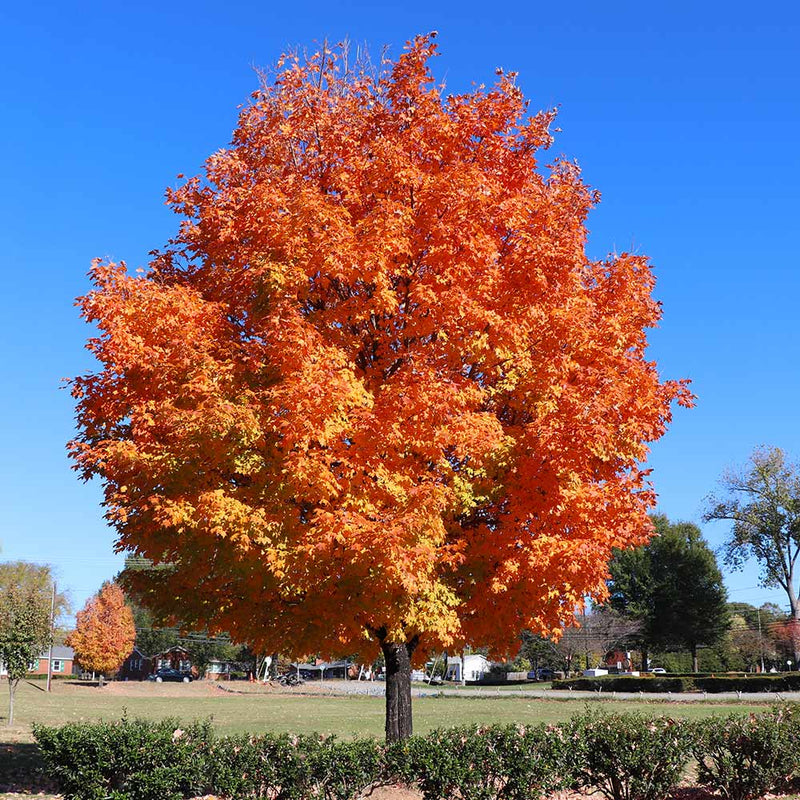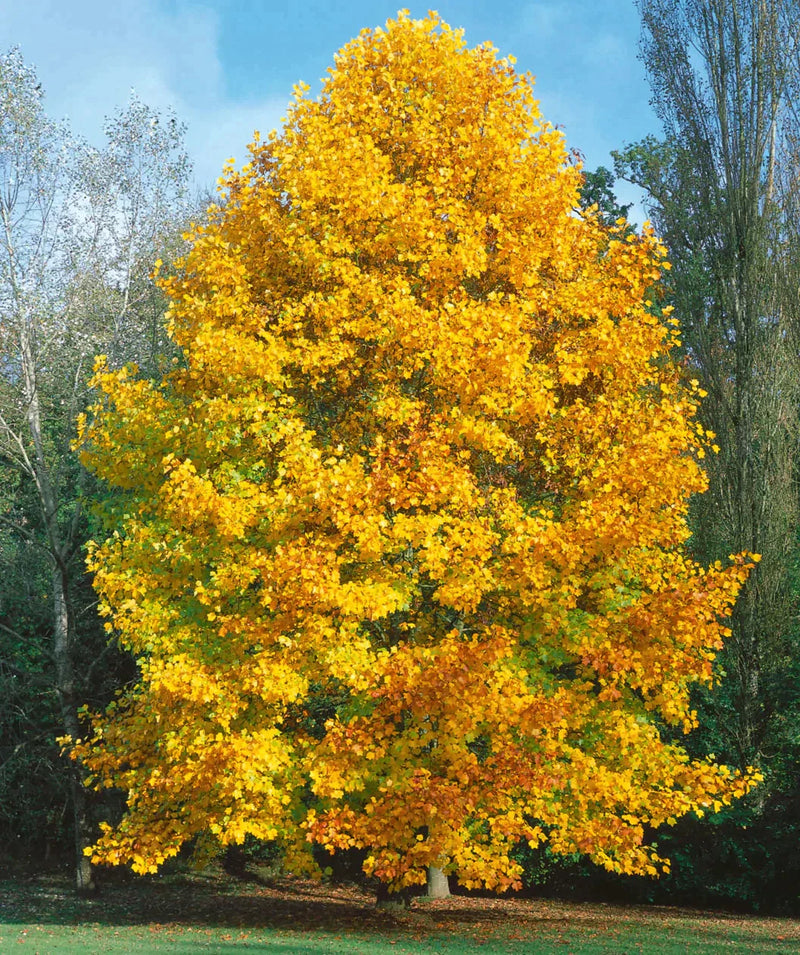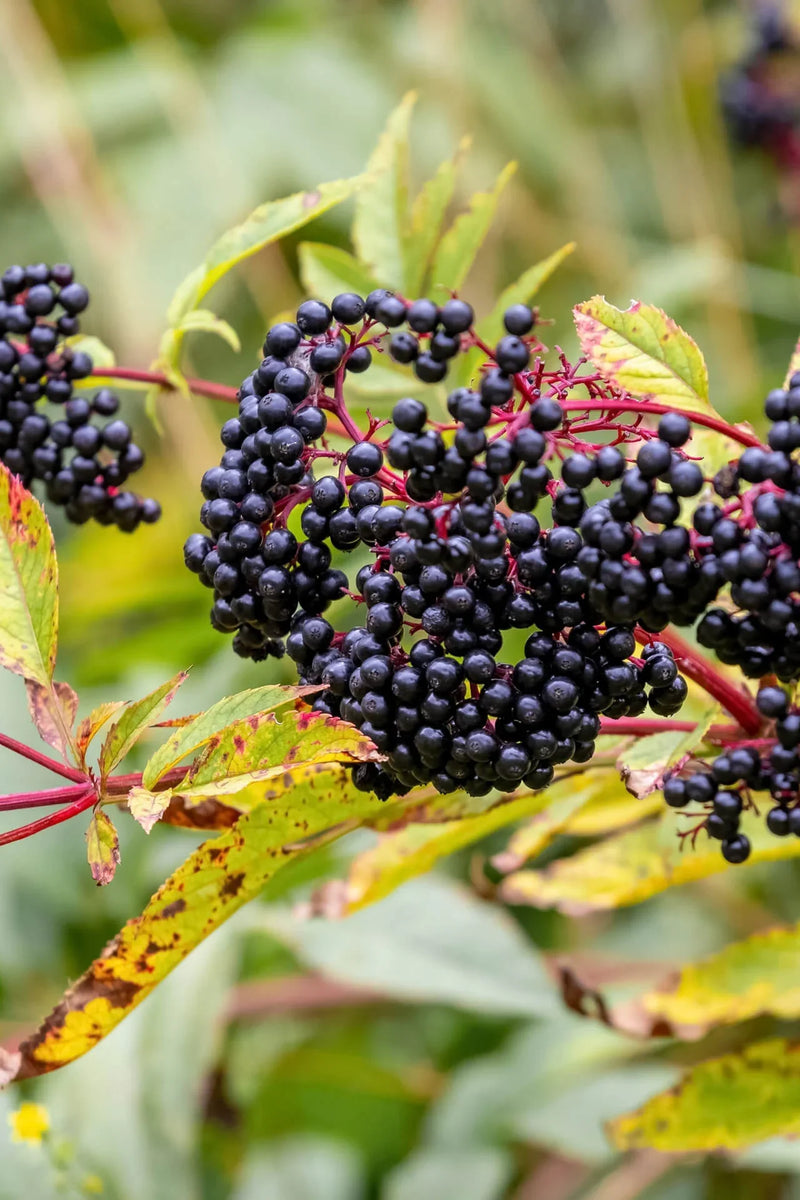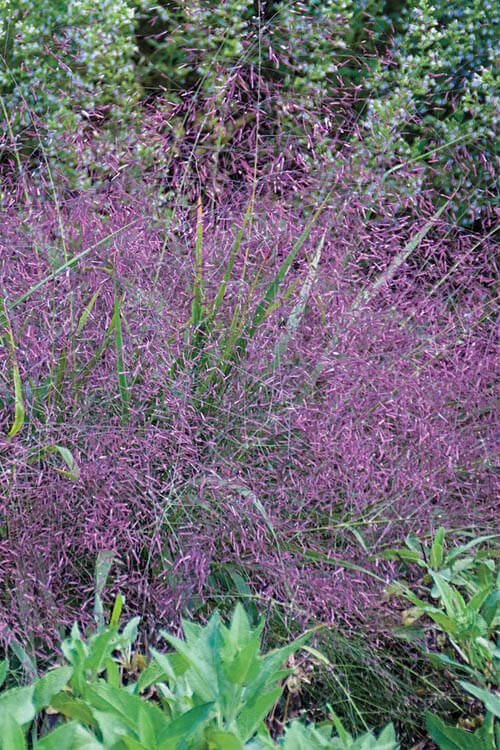Flowers that Improve Sleep: A Natural Way to Enhance Your Rest
Sleep is an essential part of our lives and important in maintaining our physical and mental health. However, in today's fast-paced world, many people struggle with sleep-related issues, including insomnia, restless nights, and poor sleep quality. Today we will look at some soothing fragrant flower choices.
While numerous remedies and medications are available to address these problems, the power of nature should not be underestimated.
Flowers, with their soothing fragrances and calming properties, have been used for centuries to promote relaxation and improve sleep. This comprehensive guide will explore various flowers that can help you sleep better and the science behind their sleep-enhancing properties.
Lavender (Lavandula spp.): Lavender is the most well-known flower for promoting relaxation and sleep. Its delicate purple flowers are visually appealing and emit a sweet and calming fragrance. The scent of lavender has been shown to reduce anxiety and improve sleep quality. Lavender works by interacting with the GABA (Gamma-Aminobutyric Acid) receptors in the brain, which reduces brain activity and promotes relaxation. Studies have found that inhaling the aroma of lavender essential oil before bedtime can lead to better sleep quality, increased time spent in deep sleep, and decreased wakefulness during the night. You could add lavender to your sleep routine by placing dried lavender flowers in a sachet under your pillow or using lavender essential oil in a diffuser in your bedroom. You can also ferment a cup of lavender tea using dried lavender buds.
Chamomile (Matricaria chamomilla): Chamomile is another flower with a long history of use for promoting relaxation and sleep. You, made from the dried flowers of the chamomile plant, is a popular bedtime beverage known for its mild, apple-like flavor and soothing effects. Chamomile contains compounds like apigenin, which connect specific receptors in the brain, reducing anxiety and initiating sleepiness.
Valerian (Valeriana officinalis): It is native to Europe and Asia and is known for its soothing properties. The root of the valerian It has long been used as a natural remedy for insomnia and anxiety. Valerian extract is made in several forms. Such as capsules, tablets, and tinctures. The active compounds in valerian root interact with GABA receptors, similar to lavender, promoting relaxation. However, valerian may have a more substantial soothing effect on some individuals. Hence, starting with a low shot and consulting with a healthcare professional if you have any concerns is essential.
Jasmine (Jasminum spp.): Jasmine is a fragrant flower known for its sweet and exotic scent. While it may not be as commonly associated with sleep as lavender or chamomile, jasmine has sleep-enhancing properties make it a worthy addition to your sleep routine. The scent of jasmine has been found to reduce anxiety levels and improve sleep quality. A study conducted by the Wheeling Jesuit University in West Virginia found that the aroma of jasmine led to better sleep and increased alertness the following day. You can introduce the scent of jasmine into your bedroom by placing fresh jasmine flowers in a vase or using jasmine essential oil in a diffuser. Alternatively, you can opt for jasmine-scented candles or sachets to enjoy its calming aroma.
Passionflower (Passiflora incarnata): Passionflower is a climbing vine with unique, intricate flowers traditionally used to treat anxiety, insomnia, and restlessness. Studies have shown that passionflower can help improve sleep quality by increasing GABA levels in the brain. Additionally, it can reduce anxiety and racing thoughts that often interfere with falling asleep. Passionflower is available in various forms, including capsules, teas, and tinctures. Drinking passionflower tea or taking a passionflower supplement before bedtime can effectively harness its sleep-enhancing benefits.
Rose (Rosa spp.): Roses are not only beautiful flowers but also have potential sleep-improving properties. Rose oil, extracted from rose petals, has a pleasant, soothing aroma that Reduces stress and anxiety and helps improve sleep. Alternatively, mix rose oil with a carrier oil and use it for a calming massage before bedtime.
Peppermint (Mentha × Piperita): While peppermint is often associated with its invigorating and refreshing qualities, it can also help improve sleep in some cases. Made from the leaves of the peppermint plant, it has a mild, minty flavor and can aid in digestion and relaxation. Digestive discomfort can often disrupt sleep, so drinking peppermint tea after dinner can help soothe the stomach and promote a more restful night's sleep. Additionally, the menthol in peppermint has mild sedative properties that can contribute to relaxation.
Lemon Balm (Melissa officinalis): Lemon balm is a fragrant herb related to mint that has been used for centuries to calm the mind and promote sleep. It contains compounds that increase GABA levels in the brain, similar to how valerian and lavender work. Lemon balm tea is an effective way to harness its sleep-enhancing benefits. Simply steep dried lemon balm leaves in hot water and enjoy a cup before bedtime. Lemon balm can also be found in herbal supplements designed to improve sleep and reduce anxiety.
Hops (Humulus lupulus): The flowers of the hop plant are commonly known for their use in brewing beer. However, hops also have sleep-inducing properties and have been used as a natural remedy for insomnia. Hops contain methyl butanol, which has soothing effects on the central nervous system. This compound can help calm the mind, reduce anxiety, and be able to sleep. Hops can be consumed as a tea, but they are often combined with other sleep-promoting herbs like valerian or chamomile to enhance their effectiveness. You can find herbal blends specifically designed to improve sleep that contain hops as one of the ingredients.
Marjoram (Origanum majorana): Marjoram is a fragrant herb belonging to the mint family known for its mild, sweet aroma. It has been used in traditional medicine to treat insomnia and anxiety. Marjoram contains compounds that have a calming effect on the nervous system. Inhaling the scent of marjoram essential oil or using it in aromatherapy can help reduce anxiety and be able to sleep.
Conclusion:
Incorporating flowers into your sleep routine is natural and effective for your life. And reduce sleep-related issues. Whether you use these flowers as teas, essential oils, or sachets, their soothing fragrances and sleep-enhancing properties can help you relax, reduce anxiety, and enjoy a more restful night's sleep. It's important to note that individual responses to these flowers may vary, so it may take some experimentation to find the flower or combination of flowers that works best for you. Incorporating these natural sleep aids into your nightly ritual can improve your sleep and enhance your overall well-being. So, why not try the power of flowers and let their calming influence guide you into a more profound and rejuvenating sleep experience? Sweet dreams!


